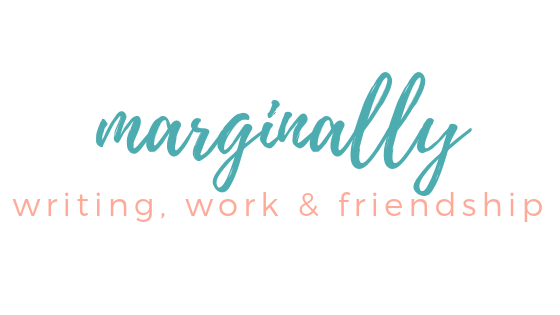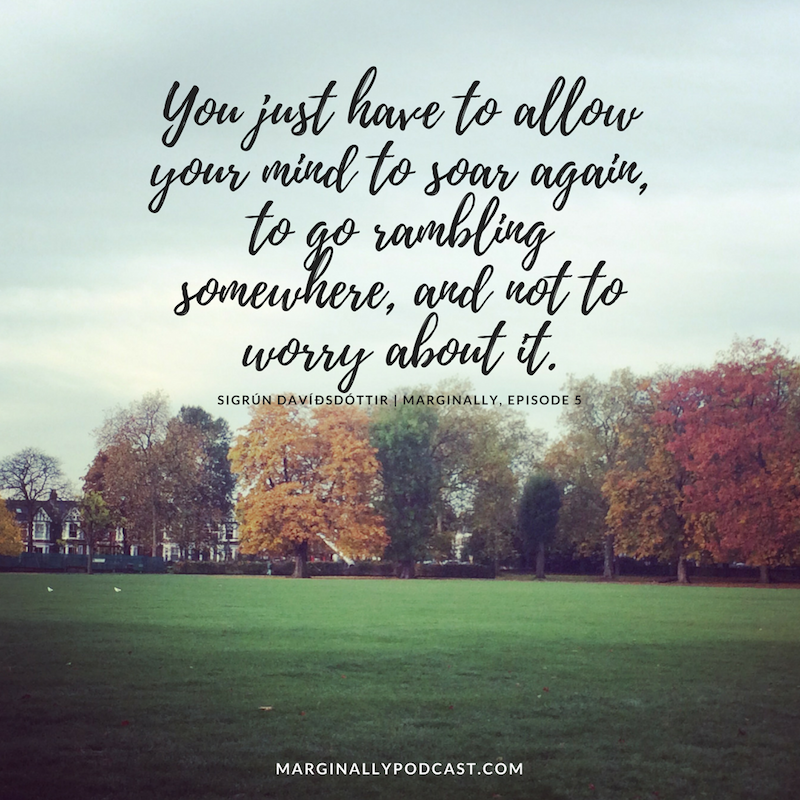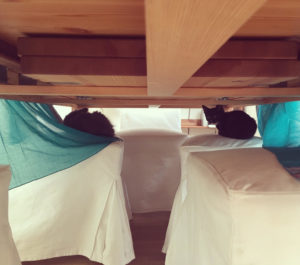The title of this post is totally stolen from a Times Literary Supplement podcast I listened to today, which had this lovely interview with the British theatre director Peter Brook CBE. You can listen here, or on iTunes or wherever else you get podcasts. The interview starts around 27:10, and it’s lovely.
Next week on the podcast, we’ll be talking about inspiration and motivation – what’s the difference, and what makes a difference for us. This is totally inspiration for me. I’ll give you bits of it if you are interested, but obviously listen to the whole thing if you want more.
First of all, he talks about the need to try but let go – we will have a longer discussion about this idea on a future podcast, because it’s something I’ve learned about through yoga. Here’s a quote from Peter:
There is something very subtle that can come through if we, just for a moment, try the best we can, and then quietly let be.
He then goes on to talk about what he calls “the formless hunch,” which I’ll let him explain:
I had to have gone through all the impossibilities. I had this very early on in my career, where people said to me, if you’re a young director, you must prepare. So I took it seriously. … I had a great ball doing this. But then I came into rehearsal and just saw simply that none of it was any good. And I think all one needs is to be able to say to oneself, ‘It’s no good.’ And at that moment, things fall away, and that’s what the formless hunch is about.
I really loved how he talks about the separation of the form and the meaning. He says that, for the podcast, they have a microphone, a table, whatever, but continues:
but they are not the cause of whatever good may come out of anything we say to one another. That will happen. And that’s why I say the formless hunch. People get obsessed with the form, and the form is just a starting point. It’s something we need… We need words, but words are just a form. Gradually you can find that the word is either a dead piece of useless bone, or it is vibrating because within the word there is more.
And then, the magic (bonus tip: I basically love anything about magic used in this way):
Yes you have to prepare and now, when you come to it, you have to trust the true magic of intuition, and the intuition only comes if you’ve prepared the ground and if you then have the simple good will to stop taking yourself so seriously.
*
We’re collecting inspiration for our podcast next week. What type of thing do you learn to hear about?




